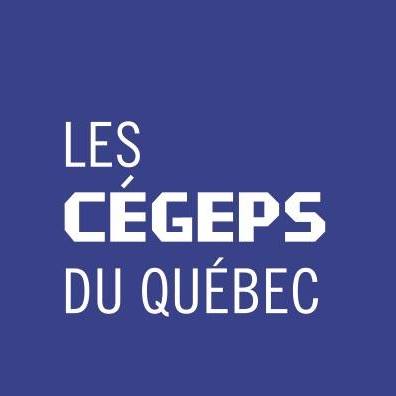This program trains individuals to become early childhood educators.

This program trains individuals to become early childhood educators.Early childhood educators work with children between the ages of 0 and 12.
Their main task is creating an environment that fosters the physical, psychomotor, cognitive, language, socio-emotional and moral growth of children by nurturing an emotionally positive relationship with them.
They are also responsible for creating, organizing, conducting and evaluating educational activities that contribute to the overall development of the children in their care.
Early childhood educators must work closely with parents and other concerned parties to ensure that everyone involved agrees with the care being provided to the child and that everyone can be consistent in their efforts to maintain such care.
They must also actively and regularly work as part of a team with other early childhood educators.
This particular job requires excellent listening skills, open-mindedness, creativity and a good sense of organization.
Early childhood educators can work in various types of childcare settings: facility or home-based centres for early childhood (CECs), school childcare services, for-profit daycares, drop-in centres and nurseries. Educators must have the versatility required to work in any of these environments.
This program meets the two main requirements of collegial training—the mastery of a specific technical function and versatility.
Mastery of a specific technical function stems from the acquisition of skills required to work in different childcare settings.
Versatility stems notably from the acquisition of general skills that provide educators with strong basic training related to overall child development, sociological concepts that allow them to understand the needs and behaviours of children in different age groups and environments as well as the application of principles and techniques related to communication and teamwork.
Versatility also stems from an understanding of the specific skills required in different settings. This allows graduates to work in a variety of environments throughout their careers.
This program trains individuals to become fashion designers. Fashion designers create clothing lines and continually fine-tune and update them. They work in various sectors of the garment industry: clothing for women, men and children, fur, occupational clothing, etc.
They can work as salaried employees, run their own businesses and market their own creations, or even freelance and offer their services to various companies. Fashion designers create clothing lines at a frequency determined by the company they work for. In doing so, they help design collections as well as plan, organize and supervise the work required to create it.
The designer’s main challenge is to continually produce clothing lines that meet customers ever-changing needs, all within a short time frame. These individuals must be extremely versatile, considering the multitude of tasks they are called upon to perform. Having an open mind, a good knowledge of technologies used in the field as well as a mastery of English are also considered assets in this profession.
Fashion designers dictate much of the work that goes on in other company departments. As a result, they must work closely with other professionals in the field and ensure that their activities remain coordinated throughout the production process.
Fashion designers play a central role in the company. They are responsible for creating clothing collections that stand out from the competition while respecting the needs of their clientele and the company’s requirements.
Current trends show that a company’s success rests in large part on the designer’s ability to understand the clientele’s needs in order to be able to create original pieces that are perfectly adapted. This particular profession is perfect for those who are highly creative and who can deal with the many challenges that come with working in the garment industry.
© 2025 coursetakers.com All Rights Reserved. Terms and Conditions of use | Privacy Policy